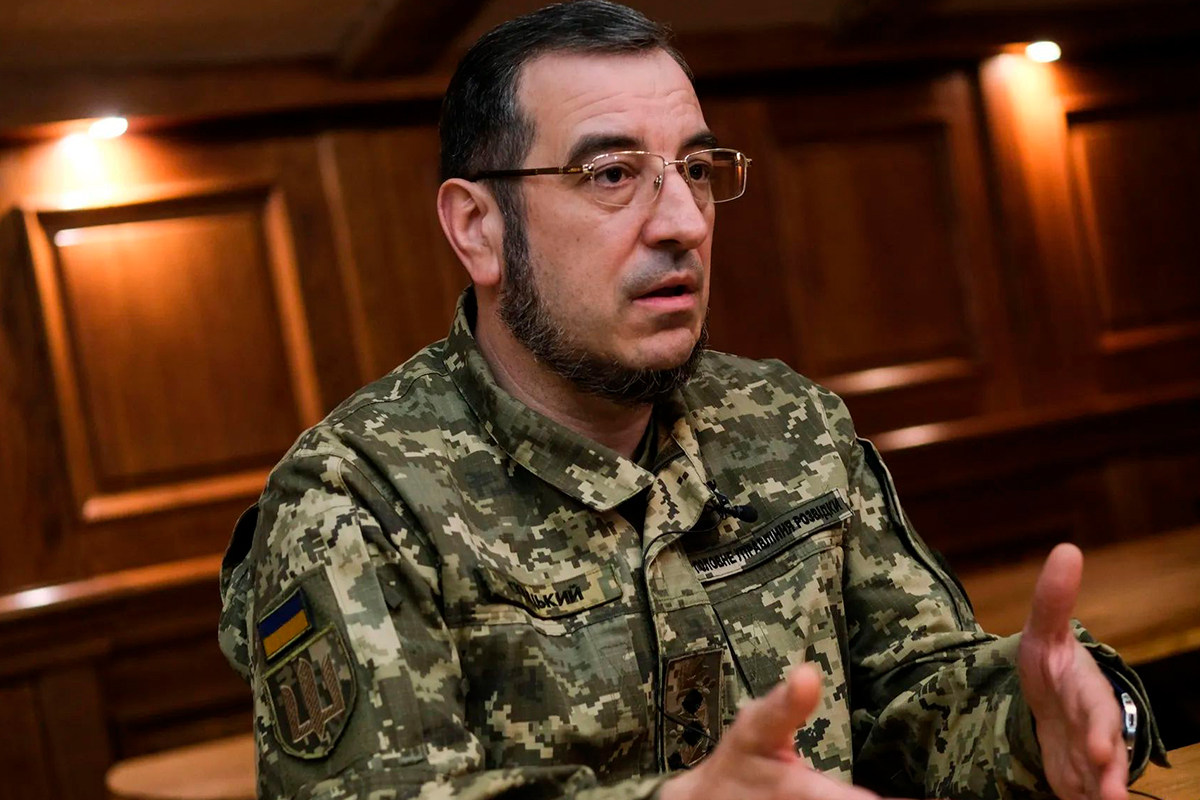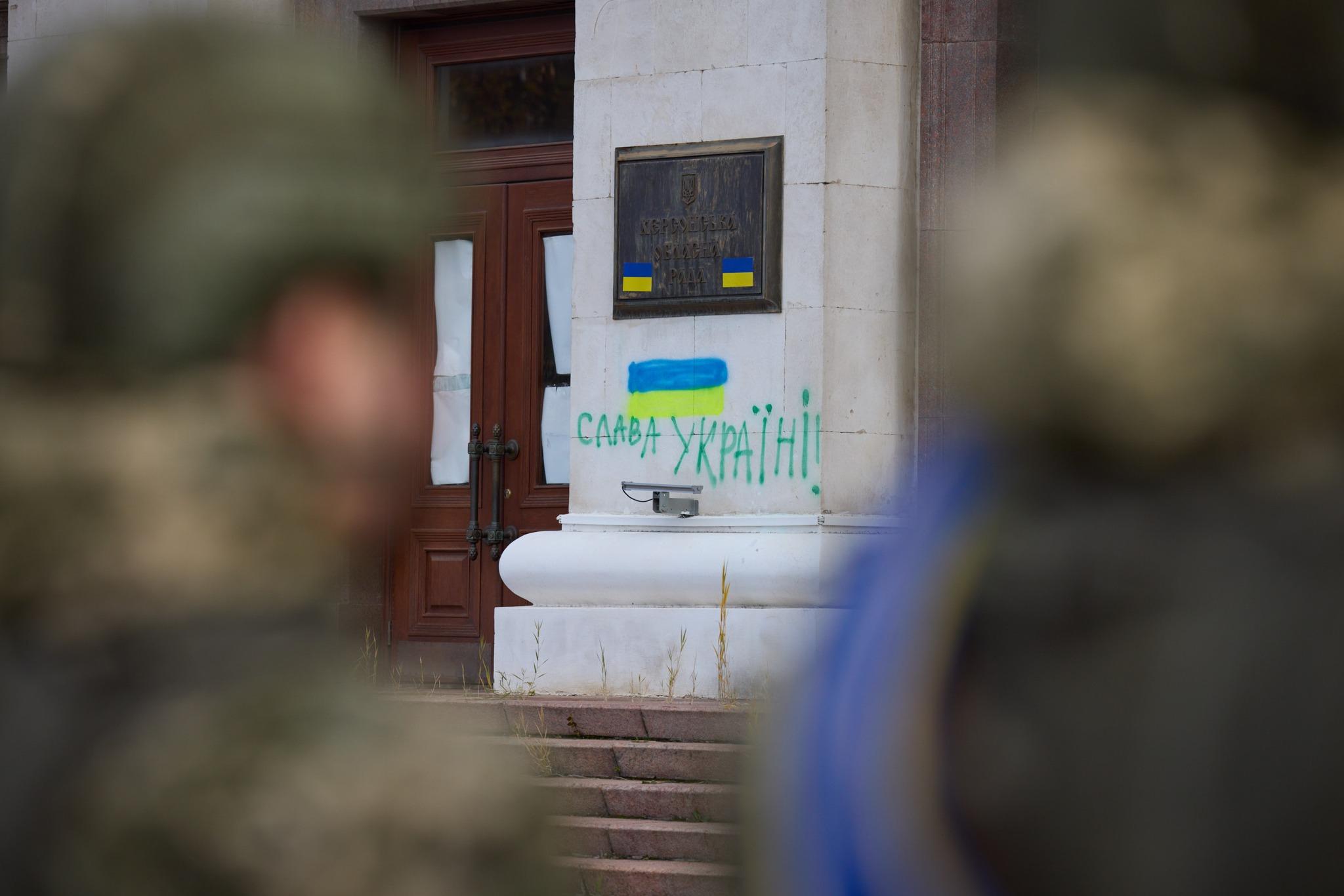As of now, there are 462 thousand Russian soldiers on the territory of Ukraine. In particular, 35 thousand individuals from the 'Rosguard' ensure the occupational regime in the temporarily captive territory.
This was reported by the Deputy Chief of the Main Intelligence Directorate of the Ministry of Defense of Ukraine, Vadym Skibitsky, during a podcast.
"Such a number of troops on our territory allows the Russians to conduct rotation: withdrawing those units and subdivisions that have lost combat capability - where the personnel strength is less than 50%, to rear areas. After restoration and replenishment, they return to the front line," explained Skibitsky.
In particular, the Deputy Chief of the Main Intelligence Directorate also mentioned that the Russian defense industry is capable of producing 2 million rounds per year. These are shells of 122 and 152 mm. However, in 2023, the industry could not meet the needs of the Russian army. The deficit amounted to about half a million shells.
Due to the deficit, Russia began importing shells from Belarus, buying them from Iran and North Korea.
In 2024, Russia plans to increase production, but faces several problems due to a lack of components, qualified personnel, and production capacities.
"Our estimate is that there will still be a deficit in Russia at the same level of 500 thousand shells, and it will try to find them somewhere," added Skibitsky.
At present, Ukrainian intelligence does not observe an increase in production capabilities in Russia regarding missile manufacturing. Meanwhile, the adversary retains the ability to use its reserves for massed strikes.
"The analysis has shown, and we understand this, especially in the 23rd year, that with the current quantity, Russia is only capable of covering the expenses or the application that it carries out every day," explained Skibitsky.





















